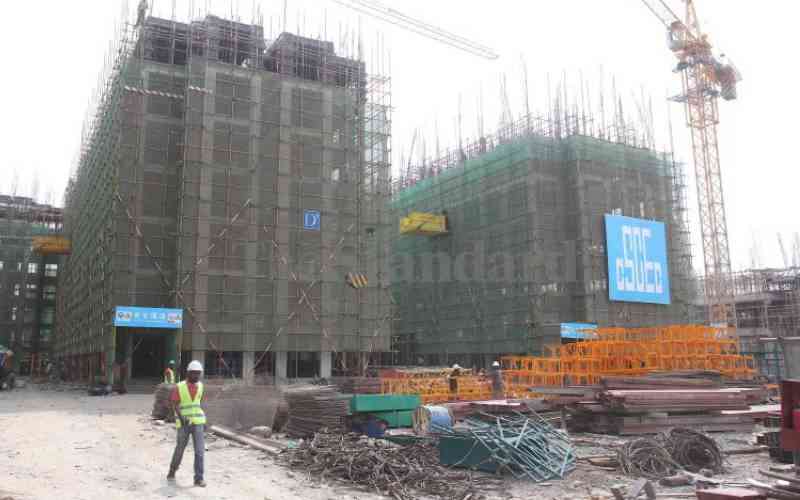×
The Standard e-Paper
Home To Bold Columnists

The realisation of affordable housing is not only among the Kenya Kwanza administration's main agenda, it is also a fulfilment of the constitution.
However, the costs of a house are still far beyond the reach of a bigger percentage of Kenyans. The costs, though, can be drastically reduced, property experts say.

